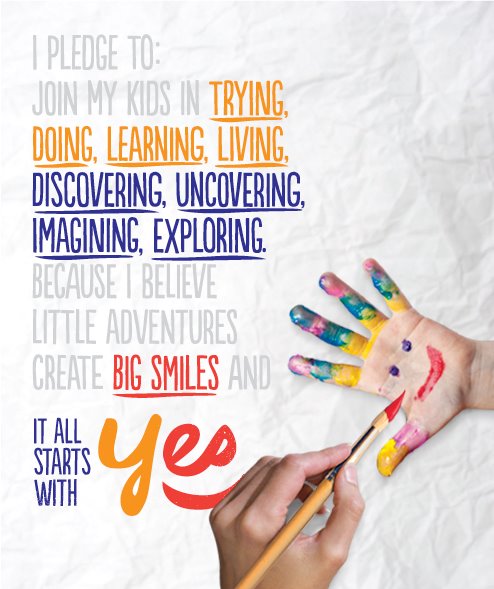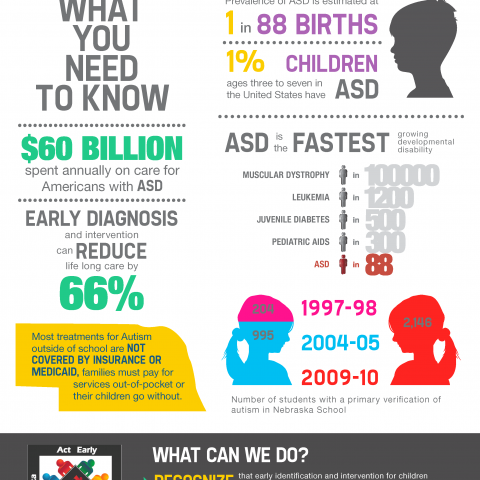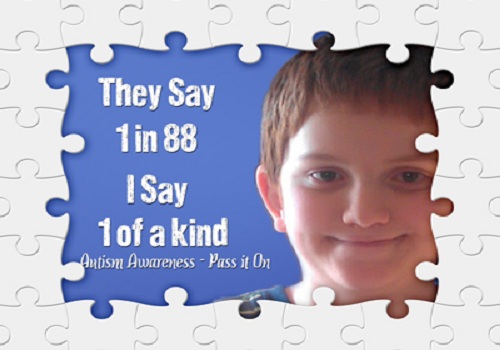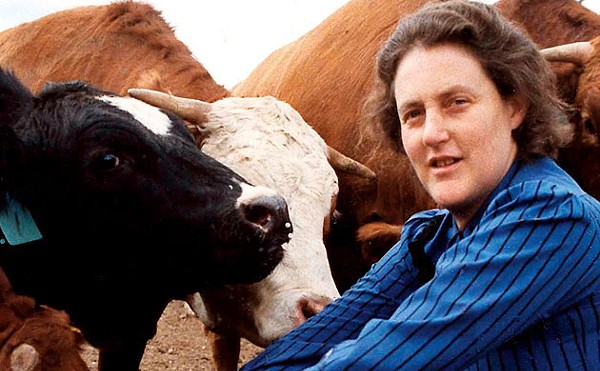Though it might seem as though your child communicates “no” all the time (maybe he protests, maybe she runs away, he might sign “all done”), teaching children with language impairments to express the words, “yes” and “no” can sometimes be a challenge in speech therapy. These two simple words can carry a conversation. By being able to answer these questions a child can describe preferences, answer questions, and clearly express their wants and needs. It is an important part of development and often challenging in the toddler years when everything seems like a “nooo!” Being able to accurately answer “yes” and “no” questions can reduce communications frustration for children with language disorders, specifically autism, Down syndrome, cerebral palsy or developmental delays.





